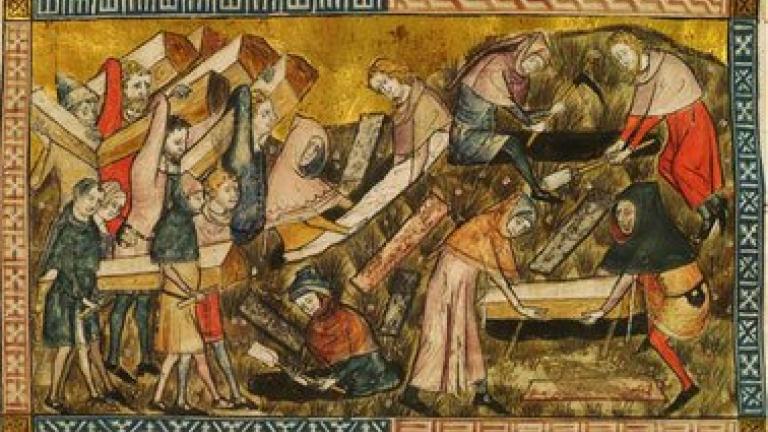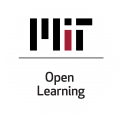
The goal is to introduce participants to the complex arena in which economy, society and technology intersect to promote wellbeing using historical responses to disease and climate shocks as our lens of inquiry. Participants will be introduced to enduring historical questions and a variety of social science methodologies to address complex issues, which will give them tools to approach the challenges of their contemporary world.
About this self-paced course:
There are three great challenges associated with living in society: the rise and easy spread of epidemic disease; the depletion of resources in the physical environment owing to the intensity of habitation and/or resource use; and interpersonal and intergroup conflict. To counter these negatives, the benefits of living in society include the capacity to pool resources for building infrastructure for protection, resilience and renewal; the opportunity to accumulate learning over time and to share clever ideas or new technologies over space; and the possibility of specialization across individuals in their skills and the work they perform for greater efficiency of output relative to required inputs. These broadly opposing forces are in constant dialog with each other, and have been for as long as humans have lived in social communities larger than the family or isolated tribe. That is to say, these forces have been at work for all of recorded history, but also deep into the archeological past. The costs of crowding are countered by the benefits of exchange and specialization, and vice versa. This course will explore the issues of disease and resource constraints through a number of historical cases, to understand their impact on social organization and the standard of living.
Meet your instructors

Professor
Massachusetts Institute of Technology

Instructor
Massachusetts Institute of Technology

Digital Learning Fellow
Massachusetts Institute of Technology





